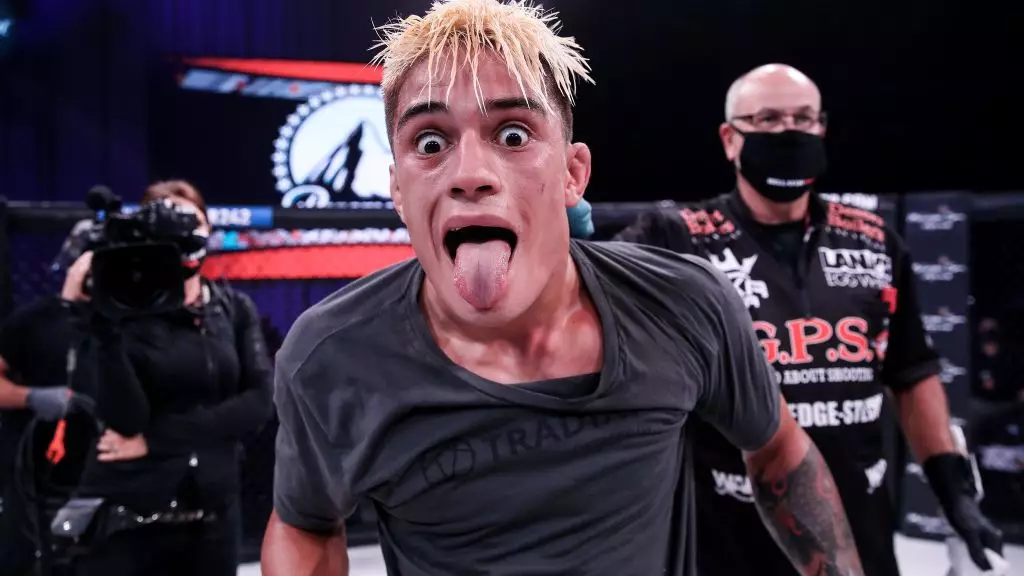In the world of mixed martial arts (MMA), athletes not only grapple with opponents in the ring but also navigate the complex realm of drug testing regulations. Jay Jay Wilson, a fighter from New Zealand, is currently at the center of a contentious situation following a suspension handed down by the United States Anti-Doping Agency (USADA). The suspension is the result of a 10-month investigation into Wilson’s claim of using a cross-contaminated vape pen that led to a positive test for metenolone, a banned substance. This situation highlights the fine line fighters must tread concerning performance-enhancing drugs and the unintended consequences that may arise from seemingly innocuous choices.
On Thursday, USADA announced that Wilson would face a three-month suspension retroactive to April 1, 2024. This means that the fighter has already endured an additional six-and-a-half months of inactivity as a result of this investigation. Wilson’s case is particularly intricate; he tested positive in an out-of-competition drug test, which initiated the probe into his situation. The inquiries revealed that Wilson had shared a vape pen with another individual, who had reportedly used metenolone orally, leading to the assertion that a positive drug test could arise from cross-contamination.
The deliberations became lengthy as USADA sought to confirm Wilson’s assertion through scientific examination. Eventually, expert testimonies and evidence corroborated his claim, but not before a prolonged period of uncertainty overshadowed Wilson’s fighting career. This ordeal brings to light questions about the efficacy of existing drug testing protocols and the protection of athletes who might find themselves unintentionally compromised.
In addition to USADA’s involvement, the Nevada Athletic Commission (NAC) also took action regarding Wilson’s positive test results. While the NAC resolved the case—suggesting that they echoed USADA’s findings—the details of the resolution remain somewhat obscure. Wilson appeared in discussions during an NAC monthly meeting in 2024, but the matter was postponed and has not been presented publicly since. This lack of clarity complicates the narrative and adds an additional layer of frustration for Wilson, who has been left in a state of limbo.
Having mostly fought under the Bellator banner prior to its acquisition by the Professional Fighters League (PFL) in late 2023, Wilson’s career trajectory has been something to watch. At just 27 years old, Wilson has the potential for significant success, but this incident has stymied his progress. While there are indications he may have exciting news to share soon, the uncertainty surrounding PFL’s lightweight tournament roster adds a degree of unpredictability to his upcoming fights.
As Wilson prepares for the next chapter of his professional life, the MMA community watches closely. His case serves not only as a cautionary tale but also sparks vital discussions about the safeguarding of athletes against the repercussions of inadvertent doping violations. In an arena where reputations can be tarnished overnight, it is crucial that robust procedures and support systems be put in place to protect fighters like Jay Jay Wilson from the unintended consequences of their choices.

